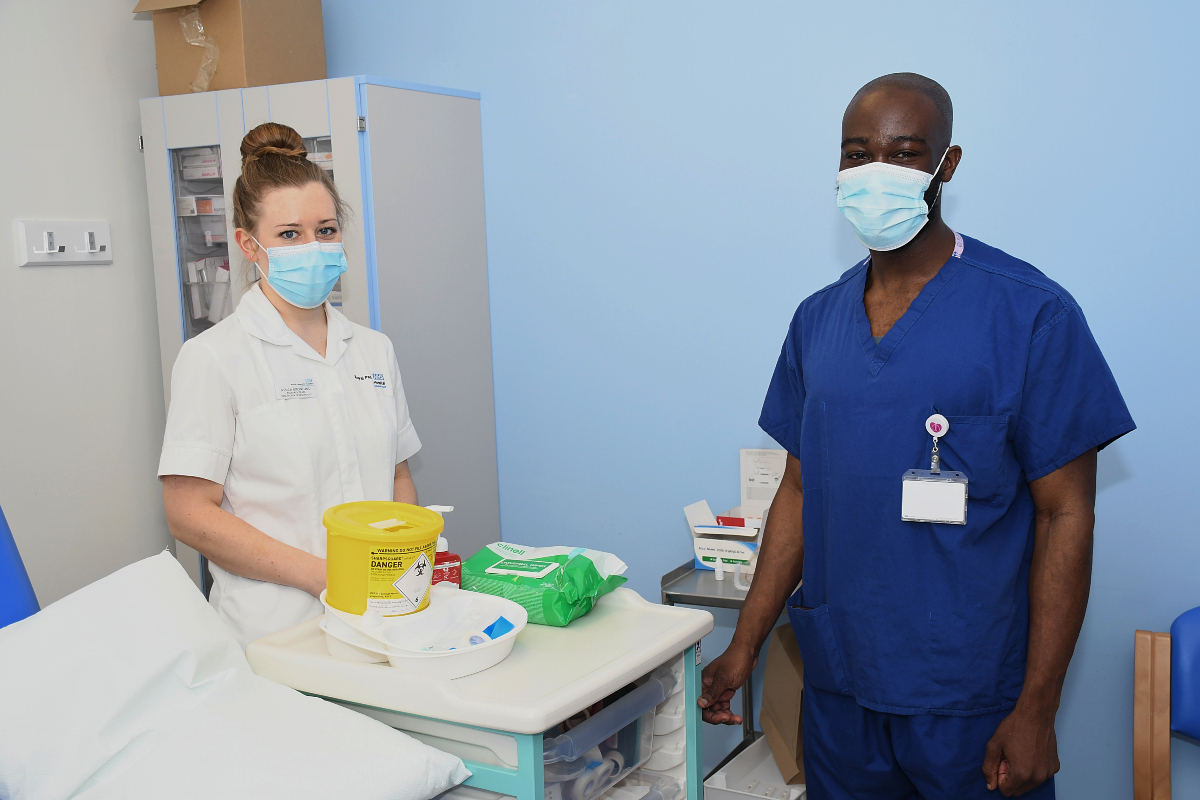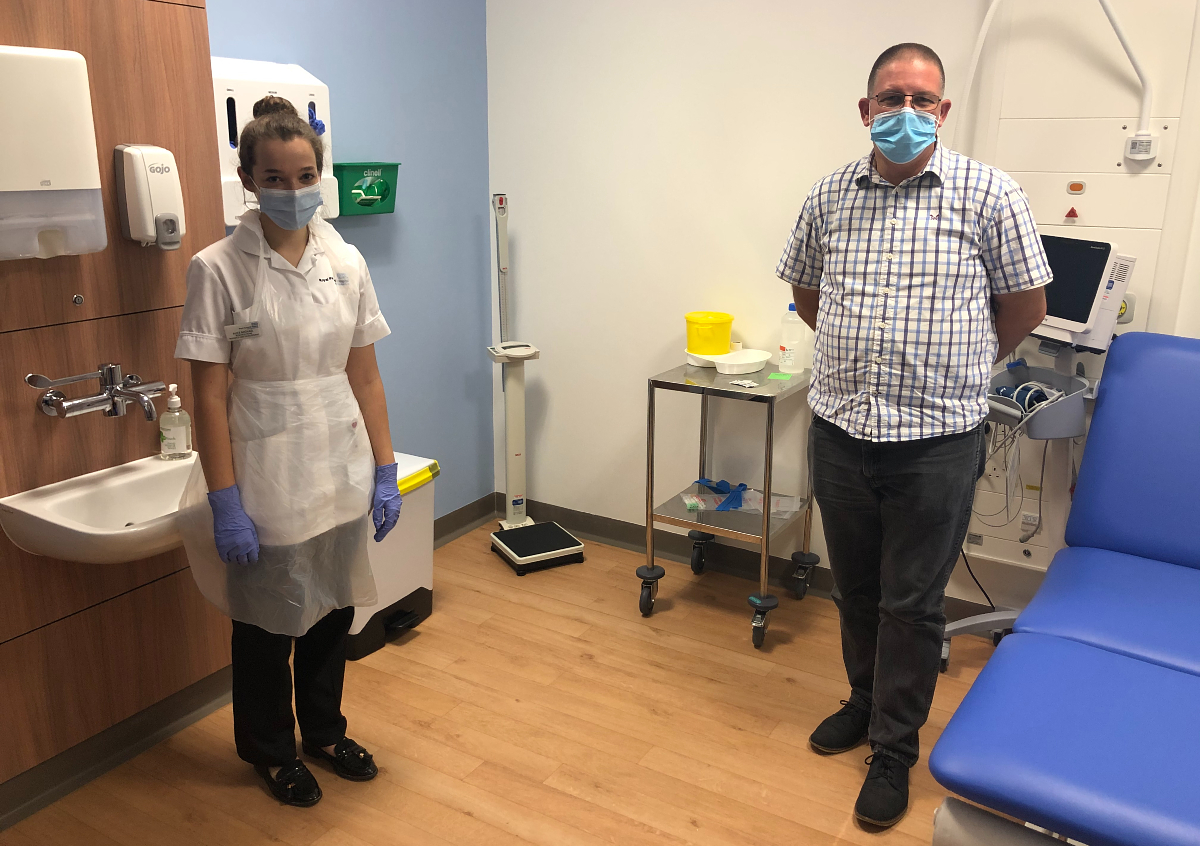World-class COVID-19 research taking place in Cambridge is contributing to the global fight against coronavirus, and in less than a year the findings are helping to turn the tide of the pandemic.
Since spring 2020, Royal Papworth Hospital NHS Foundation Trust has been participating in leading national studies and trials which have helped to improve knowledge of the disease and develop effective treatments.
Staff at the hospital have so far authored or contributed to more than 50 research papers – about one a week for the past year - according to Royal Papworth's library service, sharing key information about the virus and how it impacts people and services, including publications in leading medical titles such as The Lancet, Nature, and The New England Journal of Medicine.
Royal Papworth Hospital is also, alongside the University of Cambridge, leading on a national project which is investigating the antibody response in two groups of people – NHS workers and hospitalised patients - who have contracted coronavirus.
Called Humoral Immune Correlates of COVID-19 (HICC), it is exploring how the body’s response differs between people with no symptoms as well as those with mild, moderate and severe disease, and is being run in close association with SIREN.

Jessica and Ronald processing blood samples for the HICC and SIREN studies
Nearly 550 NHS staff and 200 patients from Royal Papworth Hospital are currently participating in the study which is being run by a consortium of clinicians and scientists in Cambridge and wider afield.
In a further development, the HICC team is also now comparing the immune response in people who have been vaccinated versus those who have been infected, and exploring the effectiveness of any existing immune response against new variants of the disease.
Royal Papworth Hospital has also signed-up to a number of national and international projects, such as the RECOVERY Trial which is the world’s largest clinical trial for COVID-19 treatments. More than 110 patients at Royal Papworth Hospital have been recruited to the study out of a UK-wide total of 39,000.
The trial has saved 22,000 lives in the UK and one million worldwide by using an inexpensive and widely available steroid, dexamethasone, as an effective treatment for COVID-19.
It has also found that the anti-inflammatory drug, tocilizumab, reduces the risk of death when given to hospitalised patients with severe COVID-19. However, hydroxychloroquine and donated blood from patients who have recovered from coronavirus are not beneficial.

Alice (clinical trial co-ordinator) with Graham, a patient participating in PHOSP-COVID
Another study to which Royal Papworth is contributing is examining patients who have been discharged from hospital after COVID-19 treatment, some of whom may have long COVID.
Called PHOSP-COVID, it is being run out of Leicester with hospitals across the UK working together to understand and improve long-term health outcomes for patients and tracking their recoveries.
Other coronavirus innovations and research involving Royal Papworth Hospital included growing mini-lungs to see how the human body responds in the early stages following COVID-19 infection and a ventilator splitter device that could allow one ventilator to be shared safely by two patients, both of which were developed alongside the University of Cambridge.
